Over the course of history, and unfortunately also as of recently, it has become apparent that misogynistic men will stop at nothing to undermine the struggles that women are going through and have gone through. From the inability to vote up until 1920 or the identity of women being tied to men, women have always been oppressed in western societies. And it was not just societal norms — it was drastic events as well, like the Salem Witch Trials, which killed and jailed dozens of women because men had the systemic power to ruin a woman’s life with the snap of a finger. Unfortunately, these attempts at oppressing women have not stopped and have led to many disastrous events, such as the overturning of Roe v. Wade and something not as widely discussed: the creation of ‘misandry.’
As defined by the media — where this term initially became popular—misandry is essentially the opposite to misogyny, defined as prejudice against men. When we compare similar terms like this, it is imperative that we take the time to acknowledge the origin of them. And when you do compare the two, you realize that the reality is very simple: misandry is the anger women feel toward the men that oppress them, whereas misogyny is the anger men feel toward the women they oppress. From child and arranged marriage on a global scale to never-before-seen rates of rape, domestic violence and femicide, to ongoing efforts to undermine women’s abilities to be in powerful positions, the list of inequities that women face is global, generational and above all, dangerous. The ongoing oppression of women has been enshrined in religious, political, legal and educational structures and systems for hundreds of years, whereas the flip side, which would be men experiencing structural oppression, is nonexistent. With the overturning of Roe v. Wade, women’s right to bodily autonomy is under attack, and thus we are seeing the structural assault against women’s rights playing out in real time. There is no equivalent loss of rights for men, for they are the ones perpetuating this large-scale attack.
Another common phrase that has been taken social media by storm is “Man or bear?” which is a comment you will see under any TikTok video about a woman addressing an abusive experience she had with a man, or a video about an animal attack. This trend was popularized by men who saw women talking about the violence against them and trying to make themselves seem as a lesser evil by using a violent animal as comparison. What they did not expect, however, was for women to overwhelmingly choose a bear over them. Many would rather be alone with an animal whose intentions are natural and known versus a man, whose intentions you never know. Many men used this trend to victimize themselves, to say that women hate men so much that they would rather be alone with a bear than them. What they do not understand, however, is that violence and oppression toward women is so extensive that we as women automatically feel in danger when alone with a man. Whether it is simply walking down an empty street or being in a bus, women always have to be hypervigilant of the men around themselves.
This is not to say that men do not face adversities — the common belief or expectation that they do not show emotion, for example — but it is at a completely different level. While women have to constantly fear for their safety, have their struggles undermined and face questioning at every step in their life, men are the ones perpetrating it and benefiting off of it all the while they claim they are victims.


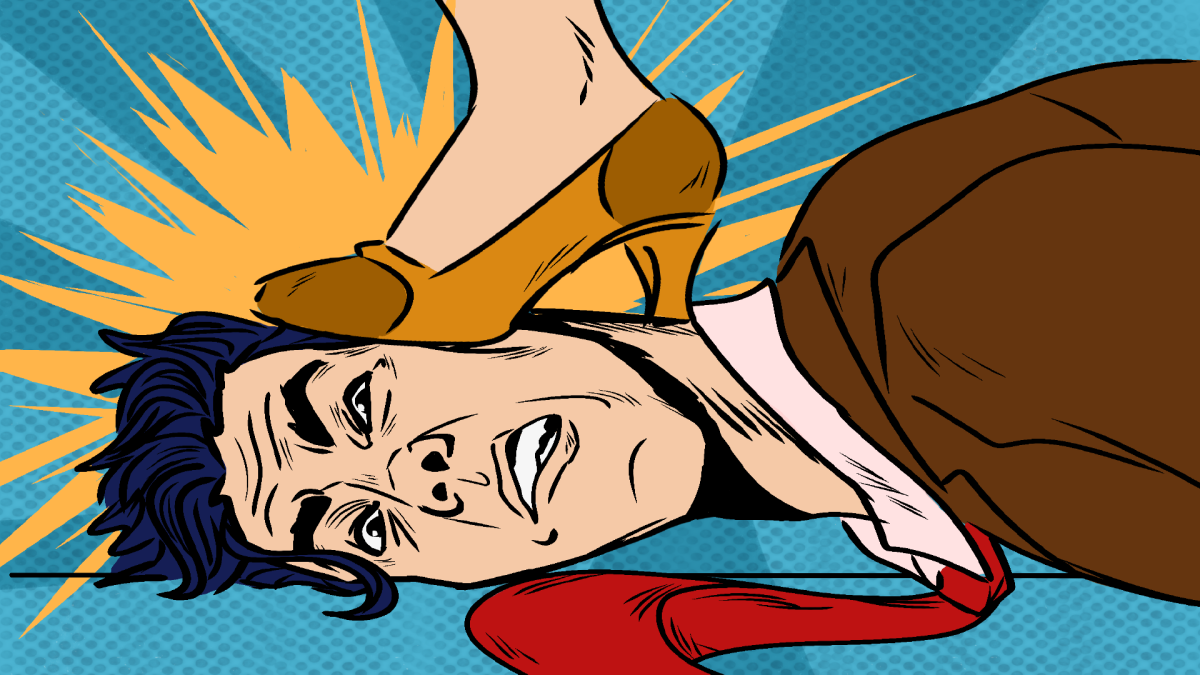









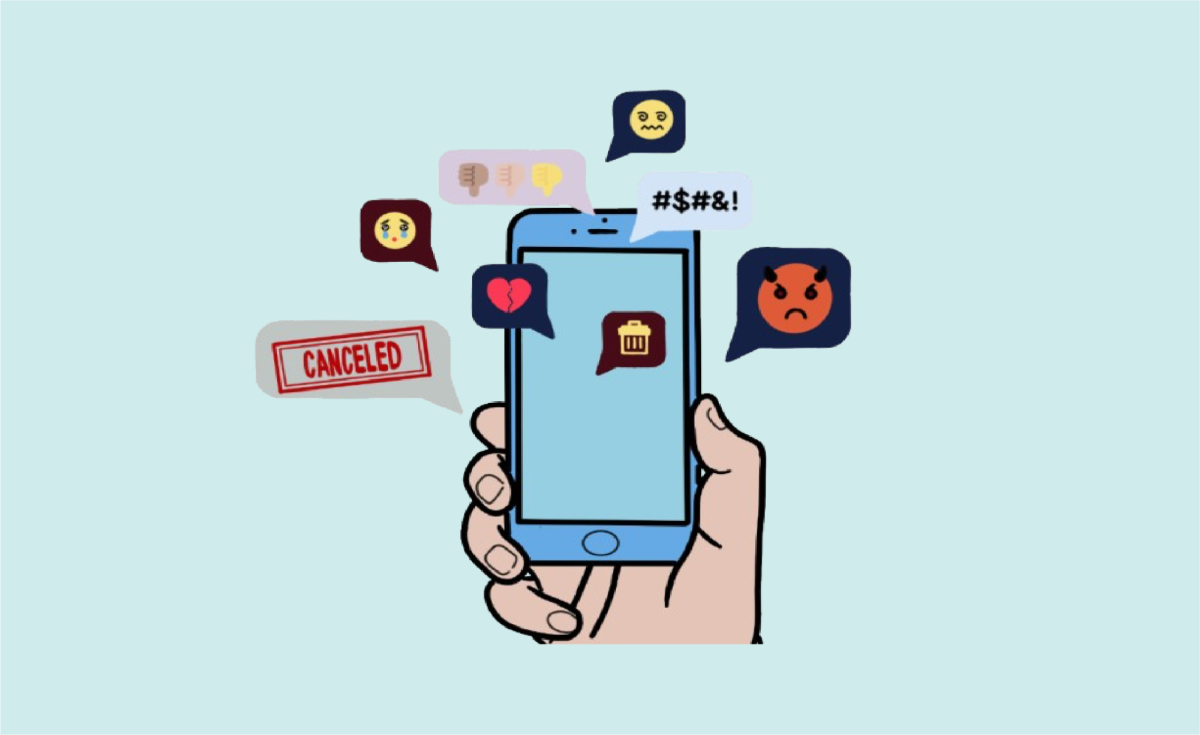




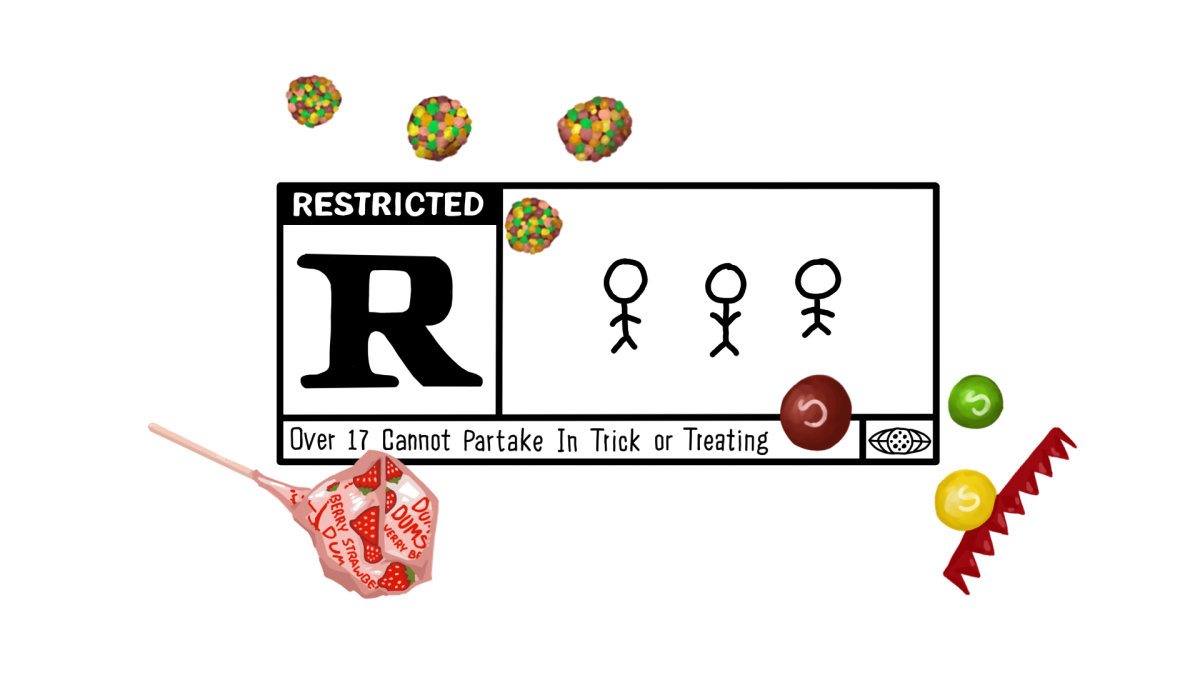
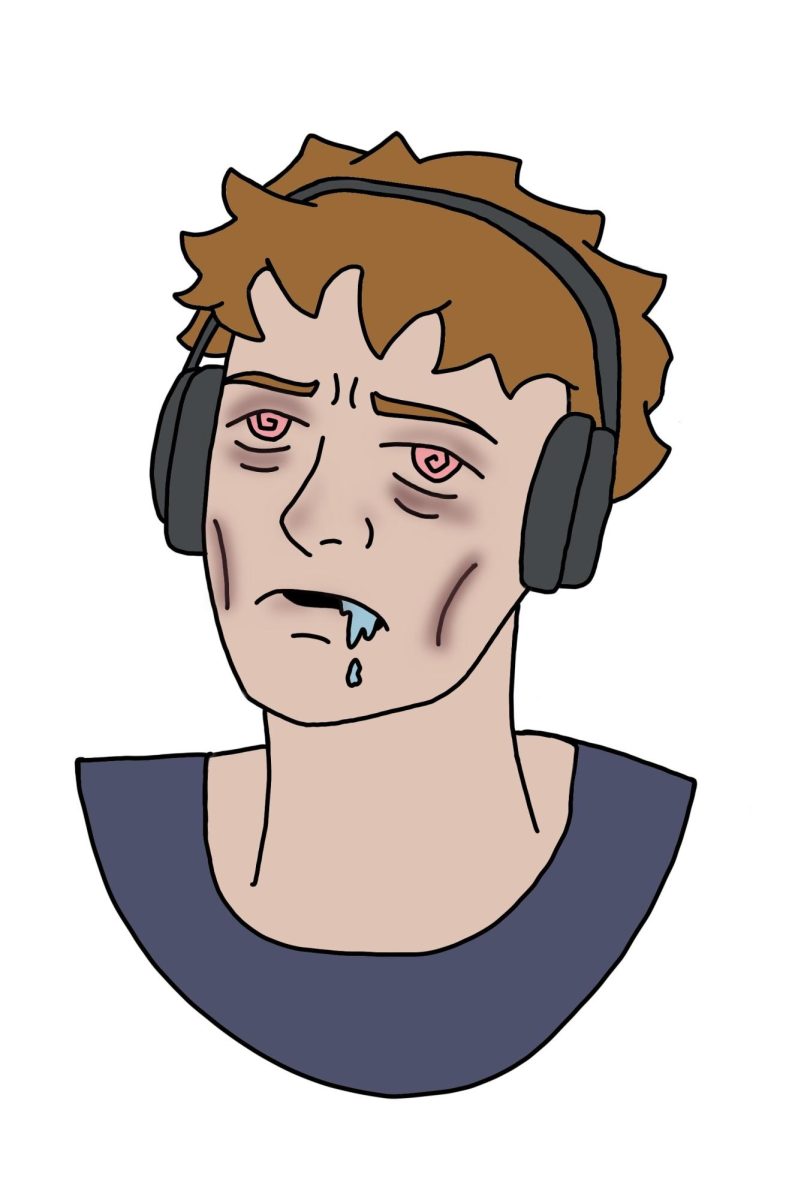
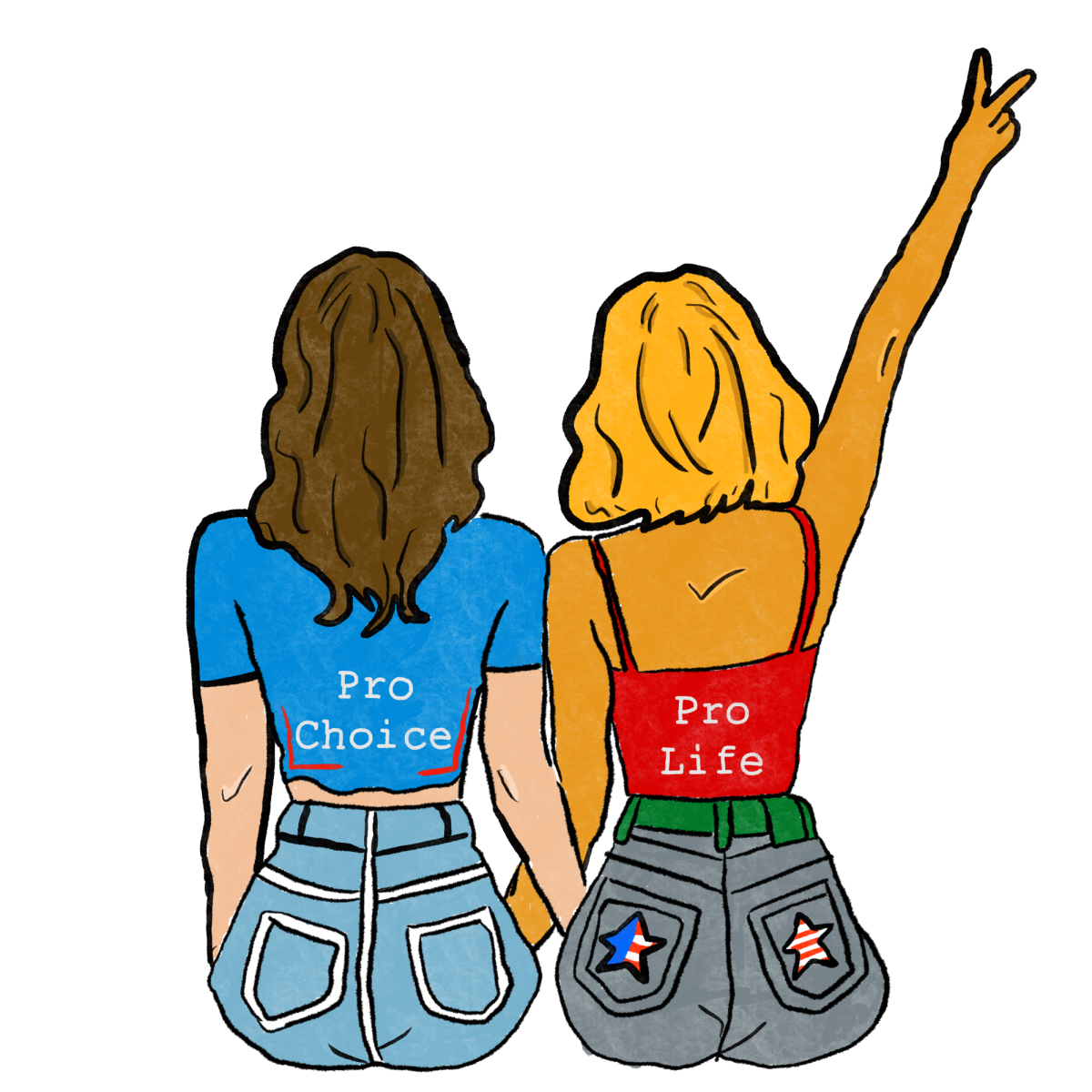

Jane ~ Jun 20, 2025 at 7:42 pm
The level of mental gymnastics it must take to think that misandry is not real but ok at the same time.
josh ~ May 9, 2025 at 12:28 am
I think you are wrong because misandry is real